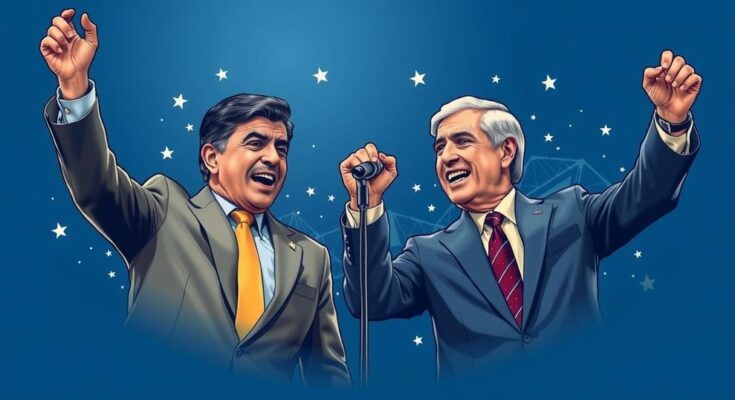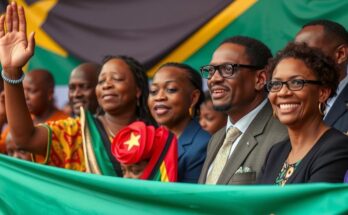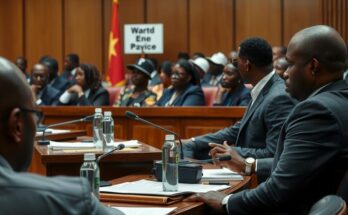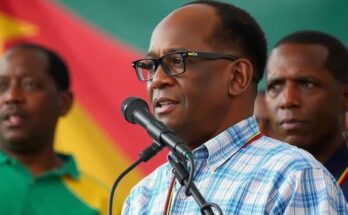Uruguayans are set for a second presidential round with Álvaro Delgado (National Party) facing Yamandú Orsi (Broad Front) after a close initial vote. Concerns over crime and dissatisfaction with campaign performances contribute to voter indecision. The election reflects more stable political dynamics in contrast to populist movements elsewhere in the region, emphasizing democratic strength.
Uruguay is poised for a decisive second round of presidential elections this Sunday, as voters confront a competitive landscape between Álvaro Delgado of the ruling National Party and Yamandú Orsi from the left-leaning Broad Front coalition. The initial vote saw Orsi’s coalition gain 44% against Delgado’s 27%, with strong support from other conservative parties significantly aiding Delgado’s chances in this runoff. With the Congress evenly split and a considerable percentage of the electorate still undecided, voter engagement is critical.
The candidates are navigating a climate marked by rising concerns over violent crime, as well as general voter apathy stemming from lackluster campaigns and a consensus on several key policy issues. Analysts note that the issues at stake in this election do not evoke existential dread among voters, distinguishing it from other turbulent political climates globally.
Delgado, 55, a seasoned politician and veterinarian, positions himself as a continuation of the current administration’s pro-business approach, while Orsi, 57, appeals to voters through his ties to the famed former president José Mujica, advocating for a renewed leftist agenda in Uruguay. As the election approaches, it underscores the stability of Uruguayan democracy amidst competitive political discourse.
The current presidential runoff in Uruguay marks a significant political event as the country chooses its leader following a deadlocked first round of voting. In recent years, Uruguay has gained international attention for its progressive policies, including the legalization of abortion, same-sex marriage, and recreational marijuana. The recent economic recovery and public sentiment surrounding issues of public safety have put additional pressure on both candidates. The upcoming election reflects broader trends in Latin America, in which political narratives track closely with socio-economic issues and public sentiment.
As Uruguay approaches its important presidential runoff, the electoral race has transformed into a closely contested battle that mirrors both traditional and contemporary issues. Álvarez Delgado and Yamandú Orsi are advancing distinct visions for the nation’s future, reflecting Uruguay’s historical political landscape while addressing current voter concerns over crime and economic stability. These elections highlight the strength and resilience of Uruguay’s democratic processes, presenting an opportunity for voters to express their aspirations for national leadership.
Original Source: abcnews.go.com




